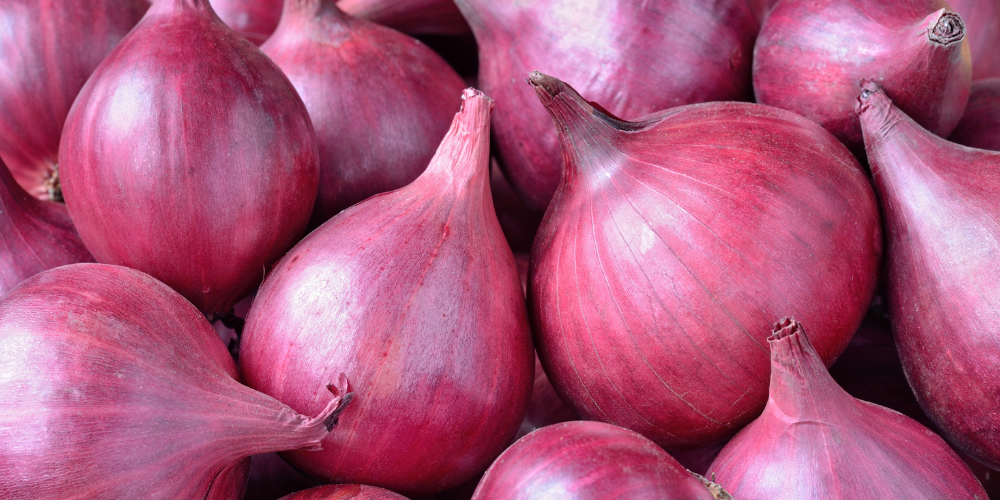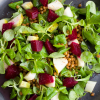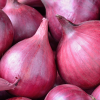In the realm of dietary preferences and restrictions, the allium-free diet is gaining recognition as a unique approach to healthy eating. This essay aims to provide an in-depth understanding of what an allium-free diet entails, its benefits, and how individuals can embrace this flavorful alternative to traditional cuisine.
What is an Allium-Free Diet?
a. Definition of Alliums
Alliums are a family of plants that include onions, garlic, leeks, shallots, chives, and scallions. These ingredients are known for their distinct flavors and aromas, widely used in various culinary traditions worldwide.
b. Allergy or Intolerance
Some individuals may have an allergic reaction or intolerance to alliums, experiencing symptoms such as gastrointestinal discomfort, bloating, or skin reactions. In such cases, following an allium-free diet becomes necessary.
Benefits of an Allium-Free Diet
a. Improved Digestion
Alliums can be challenging for certain individuals to digest, leading to digestive issues. By eliminating alliums from their diet, people with sensitivities or intolerances can experience relief from discomfort and improved digestion.
b. Flavor Exploration
Adopting an allium-free diet encourages individuals to explore alternative herbs, spices, and seasonings to add depth and complexity to their dishes. This opens up a world of flavors, allowing for culinary creativity and experimentation.
c. Health Considerations
Although alliums offer certain health benefits, such as potential cardiovascular and anti-inflammatory properties, an allium-free diet can still be nutritionally balanced. By focusing on a diverse range of other vegetables, fruits, grains, legumes, and herbs, individuals can obtain essential nutrients while avoiding potential allergic reactions or intolerances.
Embracing the Allium-Free Diet
a. Menu Planning and Recipe Modification
Adopting an allium-free diet requires careful menu planning and modification of recipes. It involves substituting alliums with alternative flavor enhancers like herbs (such as basil, thyme, or rosemary), spices (such as cumin, paprika, or turmeric), or non-allium vegetables (like fennel or celery).
b. Exploring Culinary Traditions
Embracing an allium-free diet presents an opportunity to explore diverse culinary traditions that naturally use fewer or no alliums. This may include exploring cuisines from East Asia, where ginger, sesame oil, or citrus flavors take center stage, or Mediterranean cuisine with its focus on fresh herbs and olive oil.
c. Collaborating and Sharing
Joining online communities or local support groups can provide valuable resources, recipes, and a sense of community for those following an allium-free diet. Sharing experiences and knowledge can foster creativity and help individuals navigate this dietary choice with greater ease.
The allium-free diet offers a compelling alternative for individuals with allium allergies or intolerances, providing relief from digestive discomfort while encouraging culinary exploration. By embracing this flavorful approach to cooking, individuals can enjoy diverse cuisines and maintain a nutritionally balanced diet. With careful planning, recipe modification, and support from like-minded communities, the allium-free diet can become an enriching and enjoyable dietary choice.





